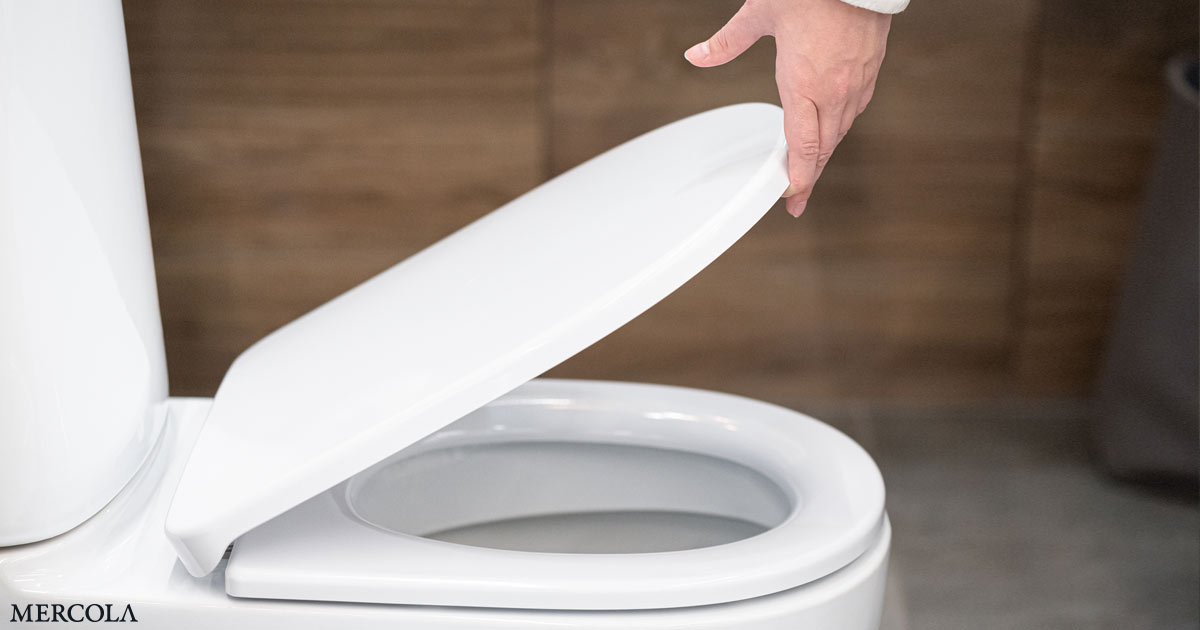What Your Poop Says About Your Health
When it comes to toileting habits, the topic is not exactly a favorite among Americans — at least for those above the age of 4.

Mention poop and you can easily clear a room — or at the least, generate some unusual facial expressions, nervous laughter and wisecracks about "too much information."
But your bodily emissions are an important health topic that deserves serious attention, regardless of the ick factor. In fact, if you ignore what you deposit in your toilet, you could be flushing your health down the drain. Did you know the average person generates about 12 tons of stool in his or her lifetime?1 It turns out, there is much to be learned from this mountain of poop.
1The shape, size, color and other fecal features can tell you a great deal about your overall health and how your gastrointestinal tract is functioning. It can even give you clues about serious disease processes that could be occurring, like infections, digestive problems and even cancer. Poop comes in just about all the colors of the rainbow — and please forgive me for using the words poop and rainbow in the same sentence.
Although there is a certainly a wide variety of stool colors, textures and forms that are considered "normal," there are definitely things that, if seen or experienced, warrant immediate medical attention. With this in mind, the overview that follows covers what you need to know about what's normal and not normal in the bathroom department.
Your stool is about 75% water. The rest is a fetid combination of fiber, live and dead bacteria, miscellaneous cells and mucus.2 The characteristics of your stool will tell you a good deal about how happy and healthy your digestive tract is. The color, odor, shape, size and even the sound it makes when it hits the water — plus whether it's a sinker or a floater — are all relevant information.
2Read the full article at the original website
